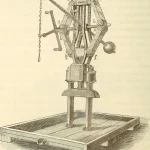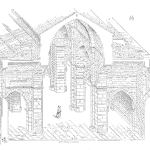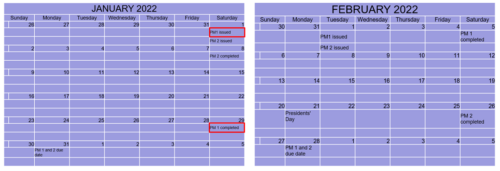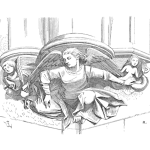
Spot component failures before they happen using thermal imaging. Every component failure has a classic signature, a fingerprint. Observing this fingerprint overtime displays the type of impending failure and what actions to take now to prevent expensive unplanned downtime.
Have you ever seen a component look fine only to have it fail without warning?
Chances are that the heat told the story first. Thermal imaging is one of the most powerful tools in the Non-Destructive Testing (NDT) toolkit. It turns invisible heat patterns into actionable insight and when used right, thermal imaging can detect component problems before they lead to catastrophic failure days or even weeks before they happen.
In this article, we will address the following:
- What thermal imaging reveals about motors, gears, bearings, and pumps
- Why migrating hotspots are a red flag you can’t ignore
- How to turn thermal profiles into predictive action















 Ask a question or send along a comment.
Please login to view and use the contact form.
Ask a question or send along a comment.
Please login to view and use the contact form.